What is D2C?
D2C is an abbreviation for the online eCommerce business model ‘Direct to Consumer’ whereby the business sells their products directly to the customer. Sales are typically generated through an online store.
Upon first glance, D2C seems like it is the same as B2C, but there are some differences between the two.
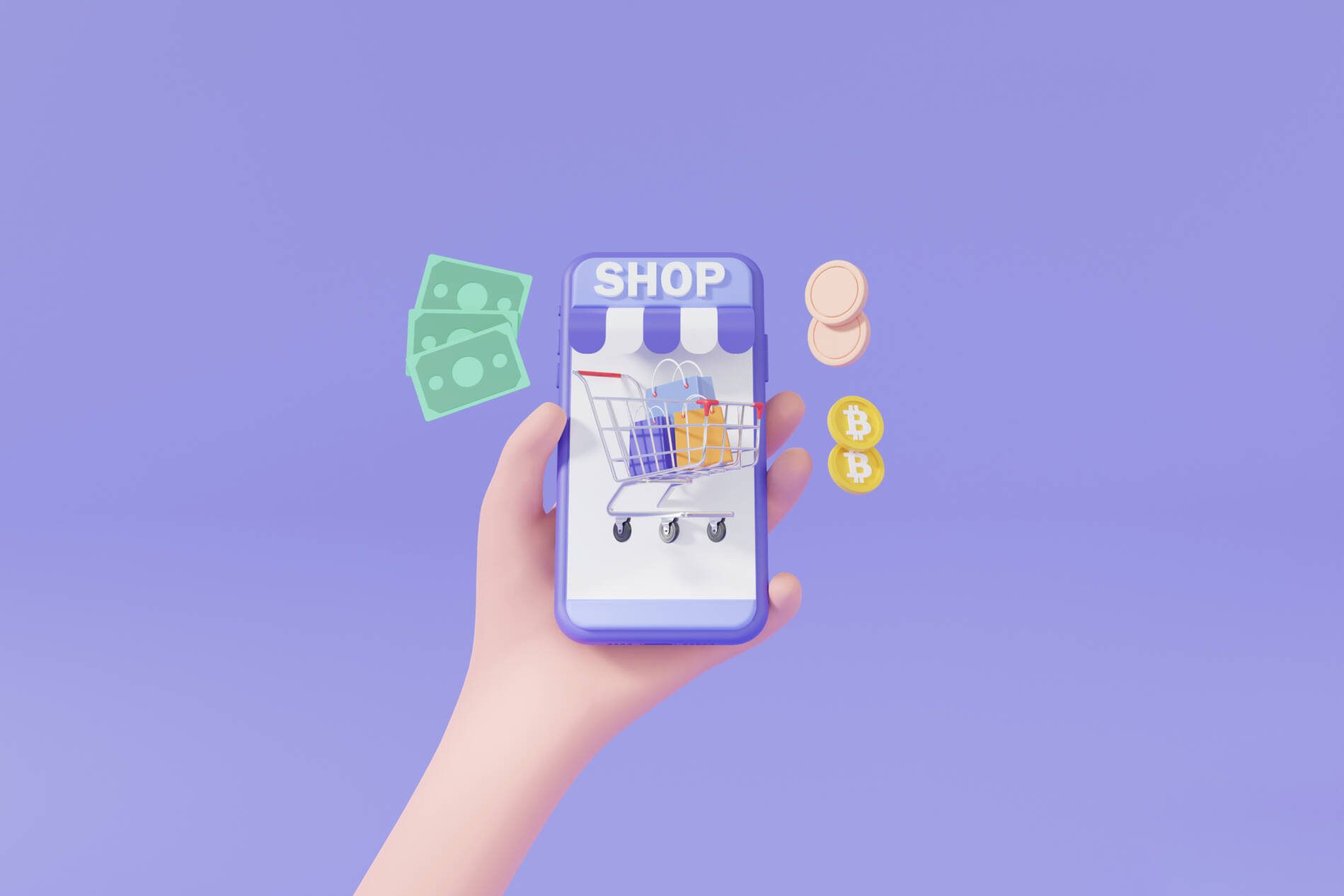

What is the difference between D2C, B2C, and B2B?
As previously explored, the D2C ecommerce business model is the process whereby the customer makes a purchase directly from the eCommerce business. The order is then picked, packed and shipped (fulfilled) in-house.
B2C however, is an abbreviation for Business to Consumer. It follows a similar process as the D2C business model, but B2C fulfilment relies on the help of third party companies for different areas of their supply chain, such as the order fulfilment process.
B2B on the other hand, is an abbreviation for ‘Business to Business’, and follows a process whereby stock is given to a retailer from the other business for the retailer to sell directly to customers in their store or online store front.
Examples of B2B include;
ASOS – An online example of B2B. They have their own clothing line, but they also sell clothes from a variety of other brands such as Nike, Adidas, New look, and many more.
Morrisons – much like other grocery retailers, they have their own line, but they also sell products on behalf of other businesses in their stores.
What is Kitting and Assembly?
Kitting and assembly is a fulfilment service that is offered by most 3PL companies. It is a process that involves compiling, or assembling different parts and components together to create one final product, bundle, or kit. It is worth noting that this then becomes one singular SKU rather than multiple.
Kitting and assembly gives you the chance to offer customised bundles, kits, and products, meaning that you can drive more sales through discounts, promotions, etc.
What are the benefits of D2C?
As explored, the D2C model allows customers to purchase directly from the online business, and their order will be fulfilled in-house without the use of third party companies, such as a 3PL company.
Entrepreneurs usually opt for this model because there is less risk and investment involved in the process, and there are some other advantages too. However, after a certain point, some entrepreneurs may opt to outsource their operations, but we will discuss this further on.
For now, lets discuss the benefits of using the D2C model…


What are the challenges of D2C?
Much like anything, there are some challenges when it comes to D2C, which we will explore now…
What is Kitting and Assembly?
Kitting and assembly is a fulfilment service that is offered by most 3PL companies. It is a process that involves compiling, or assembling different parts and components together to create one final product, bundle, or kit. It is worth noting that this then becomes one singular SKU rather than multiple.
Kitting and assembly gives you the chance to offer customised bundles, kits, and products, meaning that you can drive more sales through discounts, promotions, etc.
Giving your D2C brand a competitive edge; exploring your fulfilment options…
With so much competition out there, you may find that you are struggling to stand out amongst the crowd, which can be very disheartening if you have great products.
Outsourcing your fulfilment may be the solution you need to help your D2C brand thrive. Let’s explore some common reasons for outsourcing your order fulfilment to a 3PL company.


Outsourcing; why use a 3PL?
Unsure of why you should outsource your fulfilment? Think of any pain points you have with in-house fulfilment.
What issues and complications do you frequently run into? What is preventing you from reaching your business goals?
As a 3PL company, here are the common pain points we here from clients looking to outsource their fulfilment;
- Can’t get their orders out on time, slow operations overall
- Limited network connections
- Don’t have enough money to grow and scale their business,
- Don’t have enough time to focus on other areas of their business, such as sales, marketing, and product development
- Poor inventory management
- Struggling to handle returns
- Struggling to handle demand, seasonal peaks, etc.
- Limited space available
- High costs on storage, shipping, and packaging
- Poor customer satisfaction overall
- Don’t have access to proper software or technology, manual processes simply won’t cut it anymore in a technology led world, and it minimizes the risk of human error
- Can’t enter the global market, too expensive
- Struggling to manage orders across multiple platforms
What is Kitting and Assembly?
Kitting and assembly is a fulfilment service that is offered by most 3PL companies. It is a process that involves compiling, or assembling different parts and components together to create one final product, bundle, or kit. It is worth noting that this then becomes one singular SKU rather than multiple.
Kitting and assembly gives you the chance to offer customised bundles, kits, and products, meaning that you can drive more sales through discounts, promotions, etc.
Homeware; Exploring the growing market…
What is D2C?
D2C is an abbreviation for the online eCommerce business model ‘Direct to Consumer’ whereby the business sells their products directly to the customer. Sales are typically generated through an online store.
Upon first glance, D2C seems like it is the same as B2C, but there are some differences between the two.
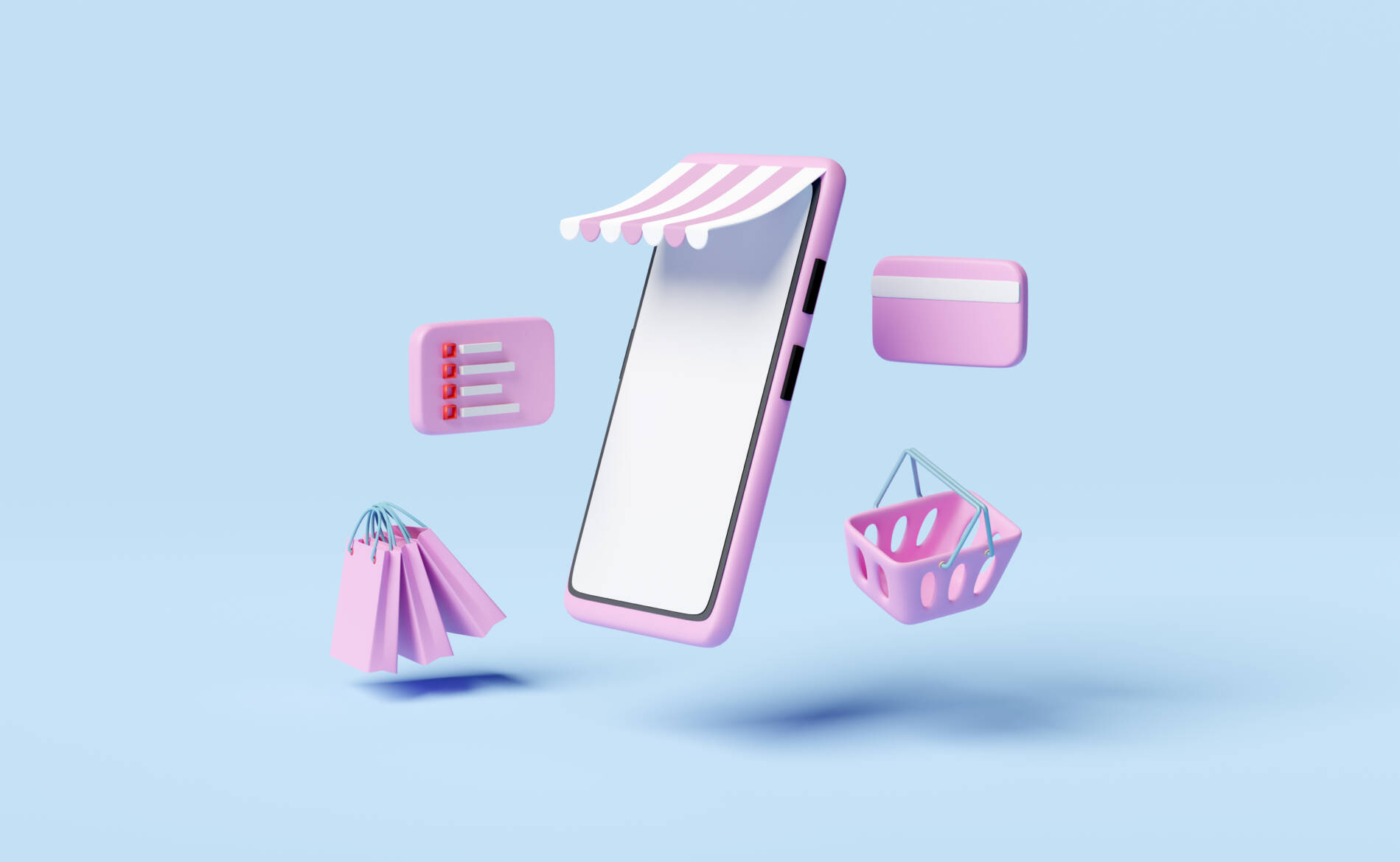
Homeware; Exploring the growing market…
What is the difference between D2C, B2C, and B2B?
As previously explored, the D2C ecommerce business model is the process whereby the customer makes a purchase directly from the eCommerce business. The order is then picked, packed and shipped (fulfilled) in-house.
B2C however, is an abbreviation for Business to Consumer. It follows a similar process as the D2C business model, but B2C fulfilment relies on the help of third party companies for different areas of their supply chain, such as the order fulfilment process.
B2B on the other hand, is an abbreviation for ‘Business to Business’, and follows a process whereby stock is given to a retailer from the other business for the retailer to sell directly to customers in their store or online store front.
Examples of B2B include;
ASOS – An online example of B2B. They have their own clothing line, but they also sell clothes from a variety of other brands such as Nike, Adidas, New look, and many more.
Morrisons – much like other grocery retailers, they have their own line, but they also sell products on behalf of other businesses in their stores.
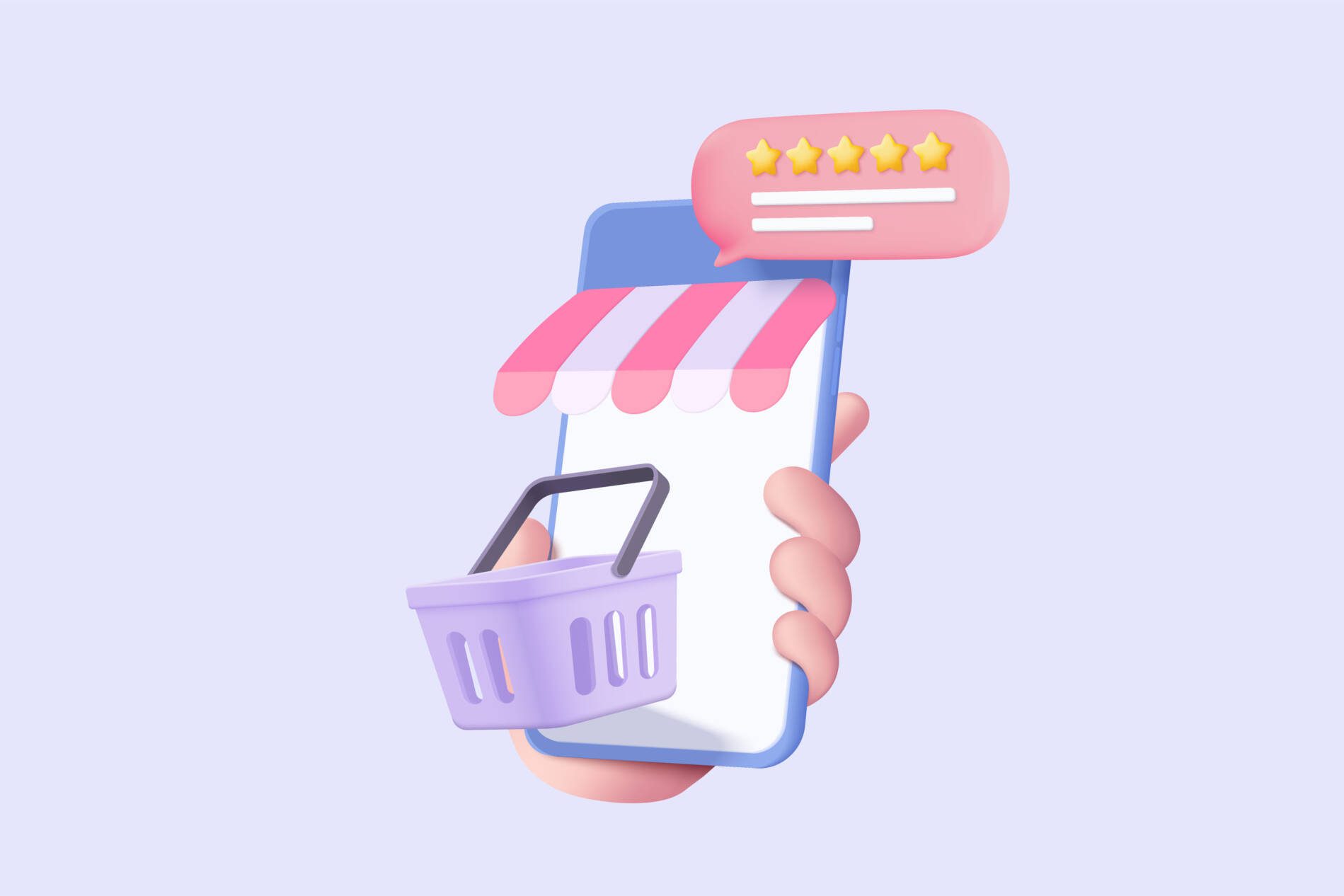
Homeware; Exploring the growing market…
What are the benefits of D2C?
As explored, the D2C model allows customers to purchase directly from the online business, and their order will be fulfilled in-house without the use of third party companies, such as a 3PL company.
Entrepreneurs usually opt for this model because there is less risk and investment involved in the process, and there are some other advantages too. However, after a certain point, some entrepreneurs may opt to outsource their operations, but we will discuss this further on.
For now, lets discuss the benefits of using the D2C model…

Homeware; Exploring the growing market…
What are the challenges of D2C?
Much like anything, there are some challenges when it comes to D2C, which we will explore now…

Homeware; Exploring the growing market…
Giving your brand a competitive edge; exploring your fulfilment options…
With so much competition out there, you may find that you are struggling to stand out amongst the crowd, which can be very disheartening if you have great products.
Outsourcing your fulfilment may be the solution you need to help your D2C brand thrive. Let’s explore some common reasons for outsourcing your order fulfilment to a 3PL company.

Outsourcing; why use a 3PL?
Giving your brand a competitive edge; exploring your fulfilment options…
Unsure of why you should outsource your fulfilment? Think of any pain points you have with in-house fulfilment What issues and complications do you frequently run into? What is preventing you from reaching your business goals?
As a 3PL company, here are the common pain points we here from clients looking to outsource their fulfilment;
- Can’t get their orders out on time, slow operations overall
- Limited network connections
- Don’t have enough money to grow and scale their business,
- Don’t have enough time to focus on other areas of their business, such as sales, marketing, and product development
- Poor inventory management
- Struggling to handle returns
- Struggling to handle demand, seasonal peaks, etc.
- Limited space available
- High costs on storage, shipping, and packaging
- Poor customer satisfaction overall
- Don’t have access to proper software or technology, manual processes simply won’t cut it anymore in a technology led world, and it minimizes the risk of human error
- Can’t enter the global market, too expensive
- Struggling to manage orders across multiple platforms
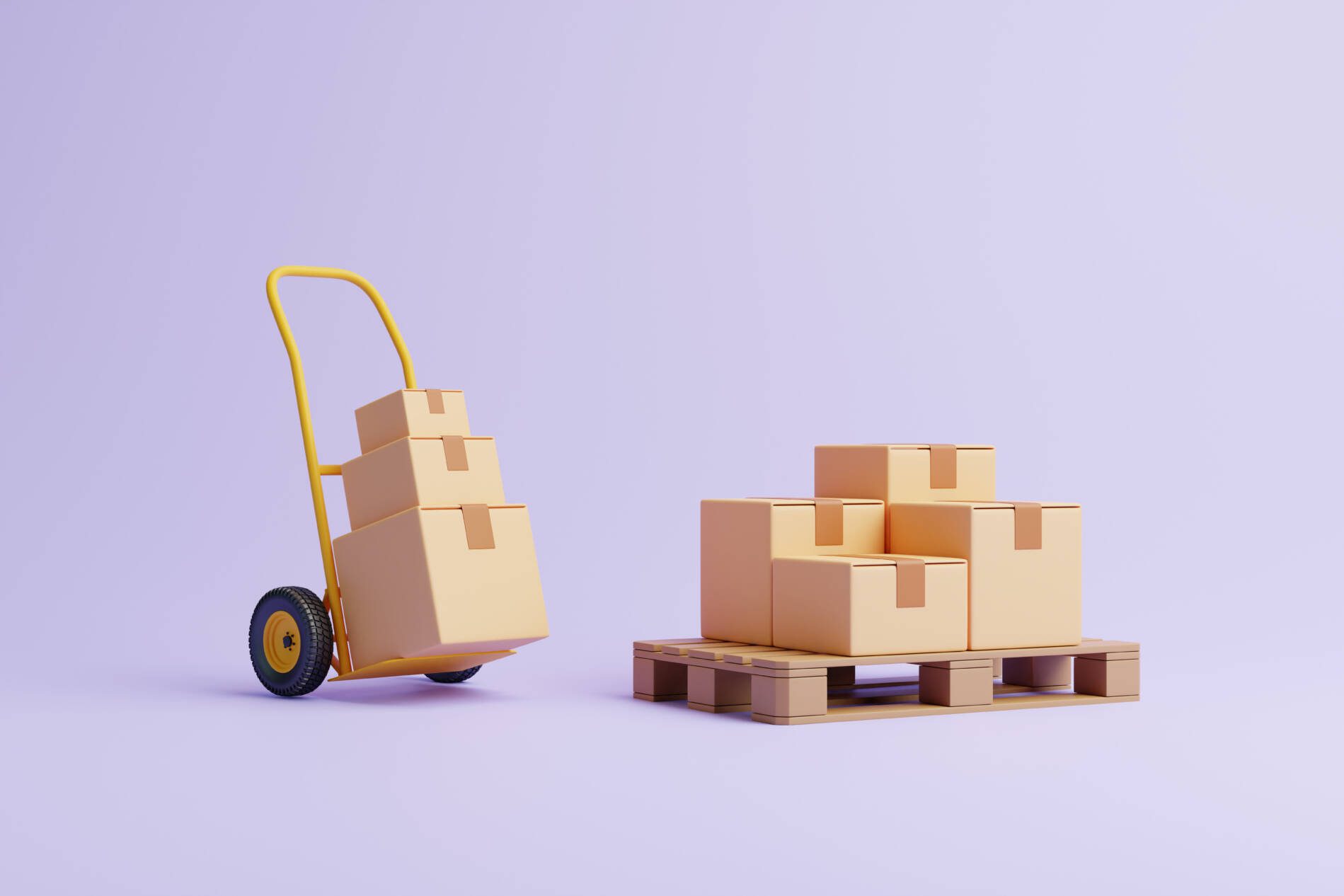
Partnering with a fulfilment centre; TSP as your partner for growth…
Partnering with a fulfilment centre; TSP as your partner for growth
Regardless of whether you are an established business, or you’ve just started out, TSP Fulfilment can help you with our fulfilment services.
With over 20 years of industry experience, we are experts when it comes to anything from picking, packing and shipping, down to kitting and assembly and handling your returns. We are the perfect option for business. Explore our range of services below…

Homeware; Exploring the growing market…
Regardless of whether you are an established business, or you’ve just started out, TSP Fulfilment can help you with our fulfilment services.
With over 20 years of industry experience, we are experts when it comes to anything from picking, packing and shipping, down to kitting and assembly and handling your returns. We are the perfect option for business. Explore our range of services below…


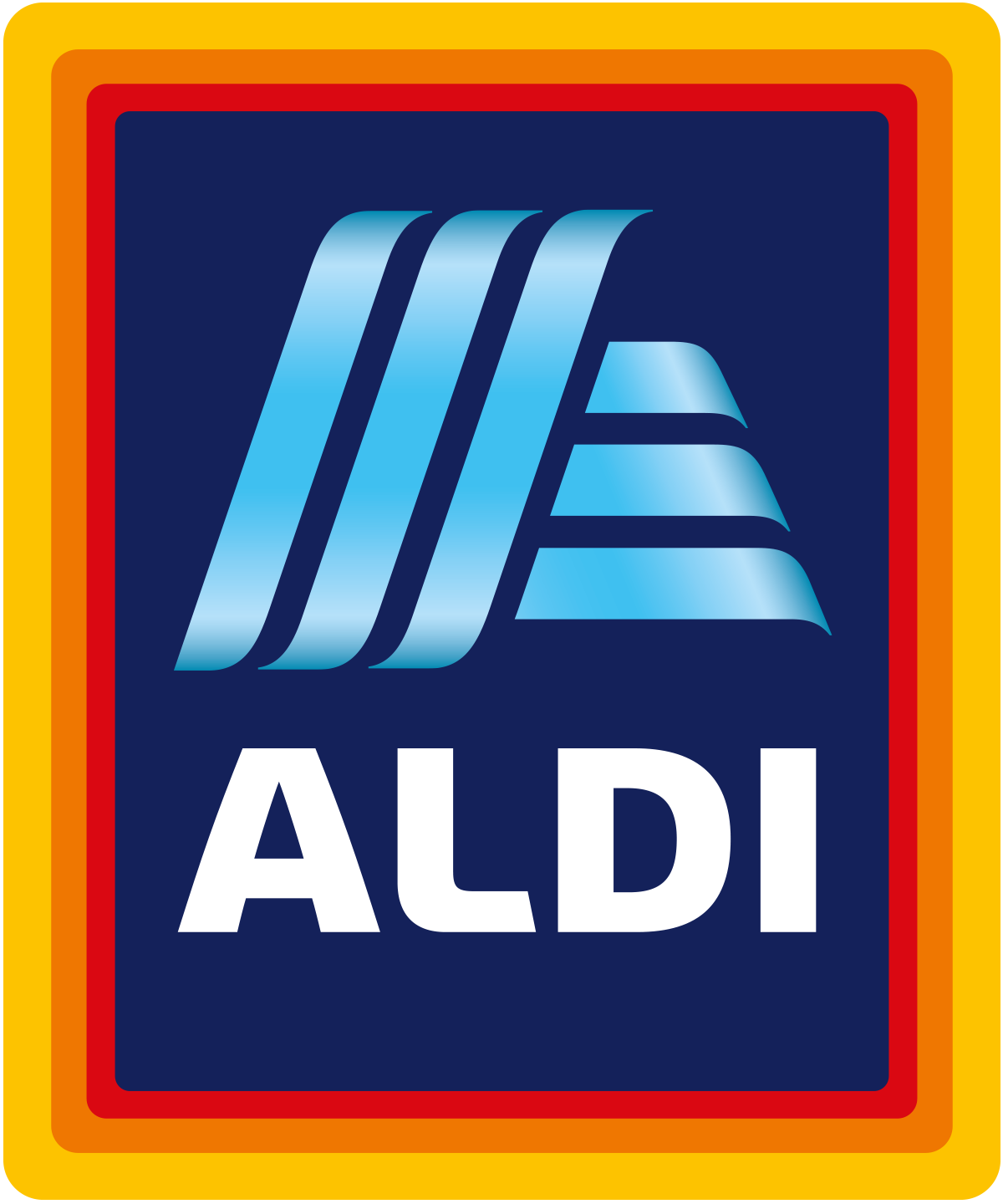
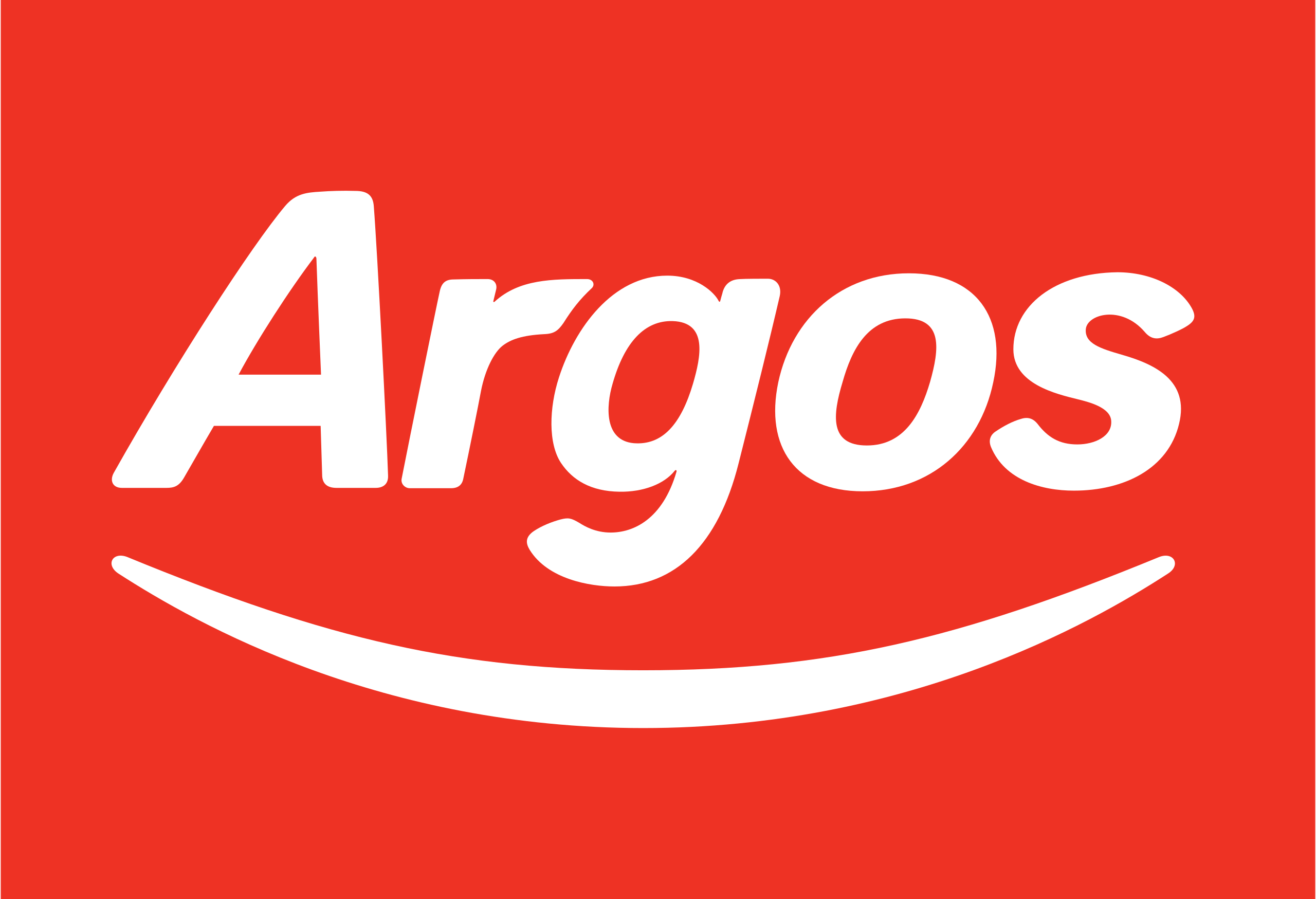


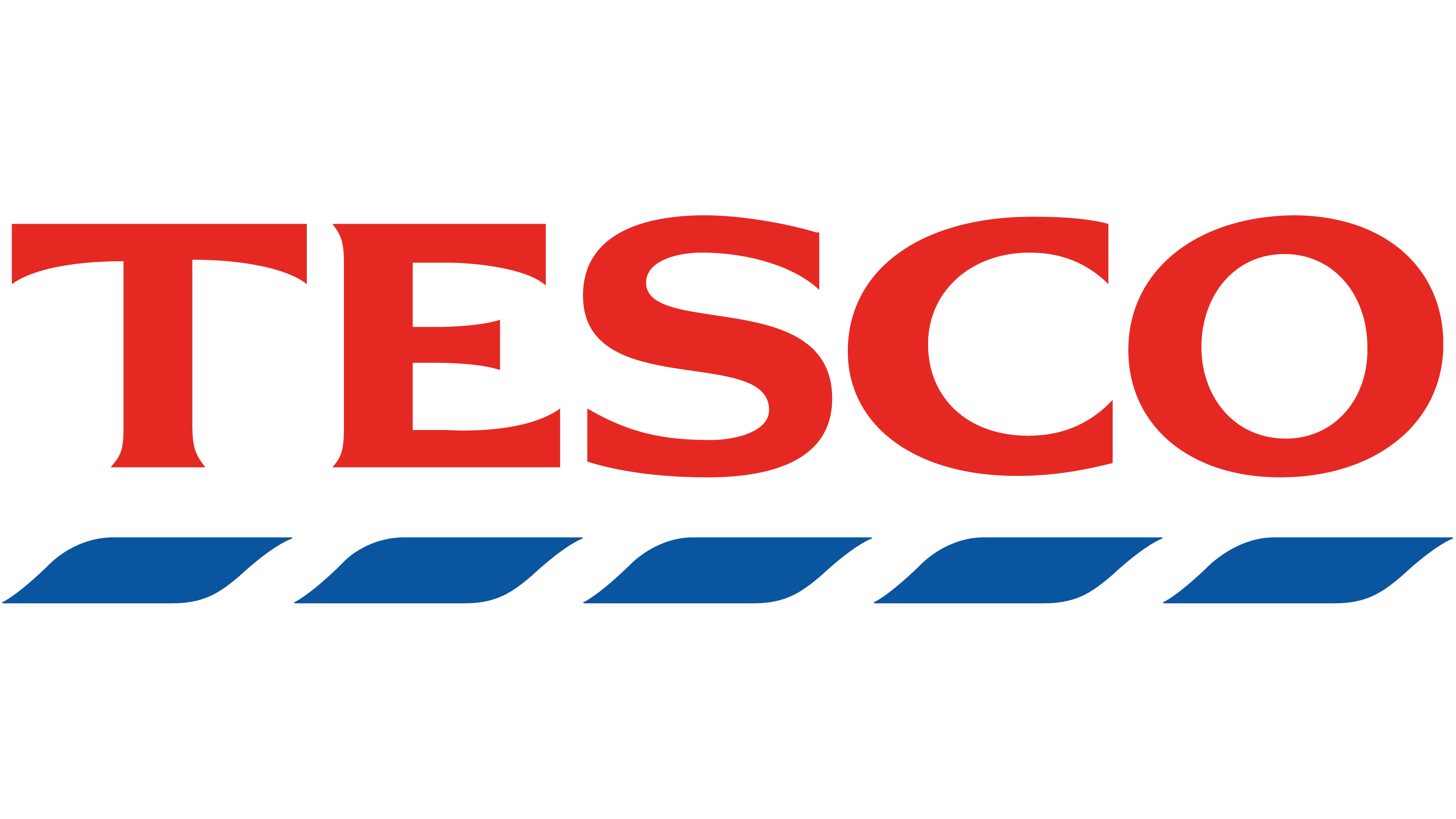
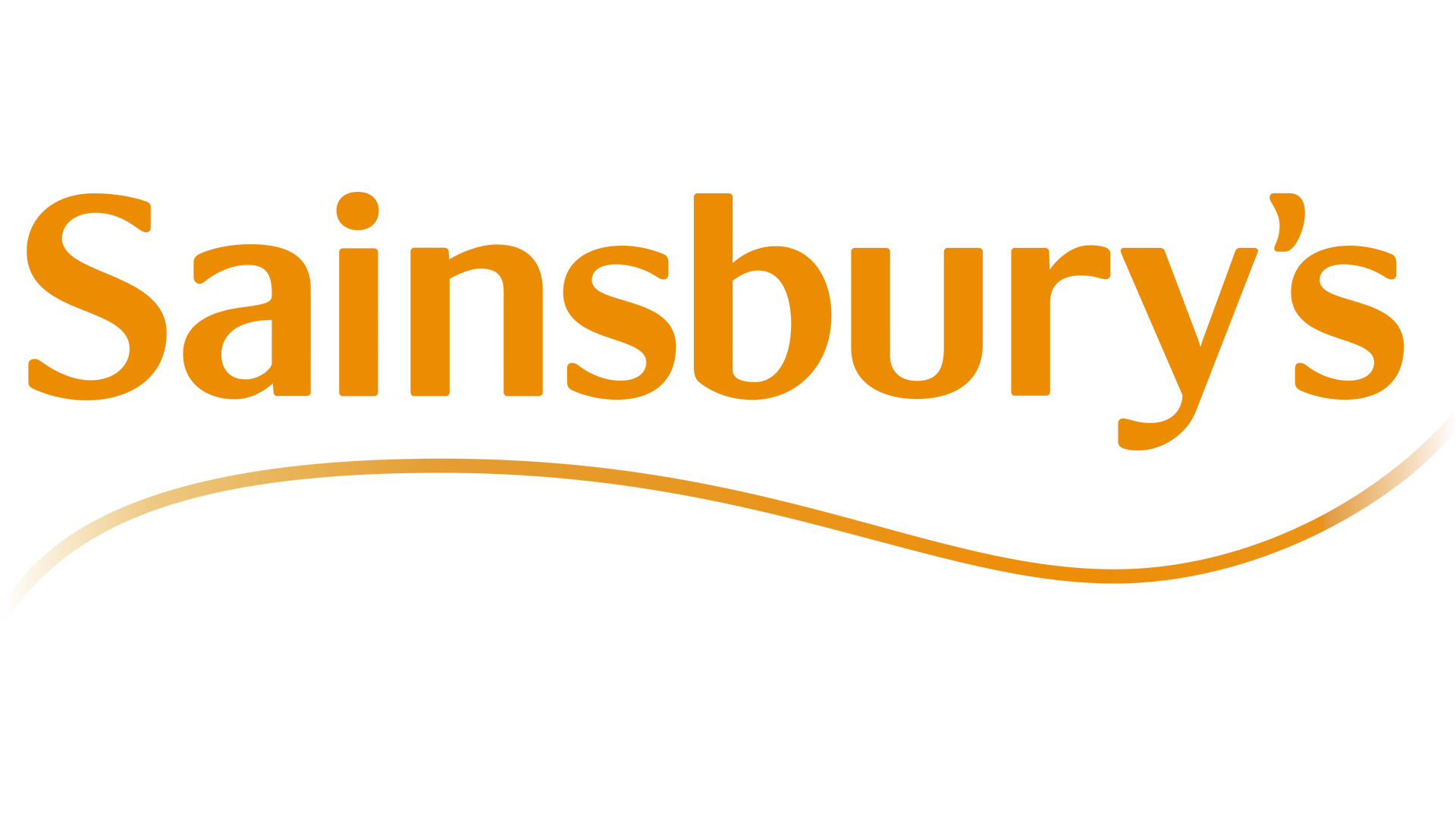



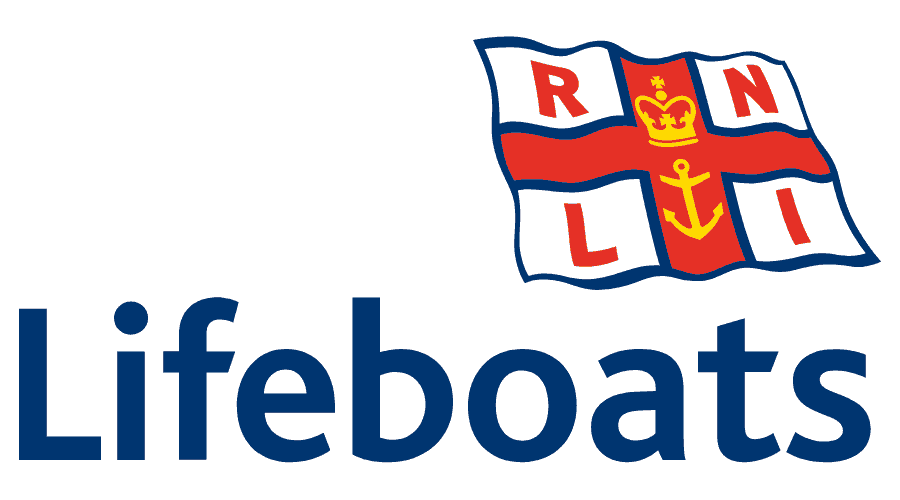


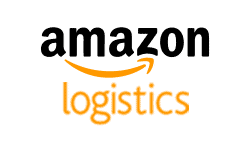
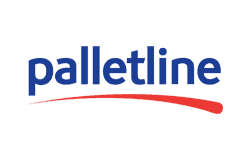















Collate your product details and connect your stores / market places
Link you into our preferred courier network
Take delivery of your stock, go live!
Collate your product details and connect your stores & marketplaces.
Link you into our preferred courier network.
Take delivery of your stock, go live!











